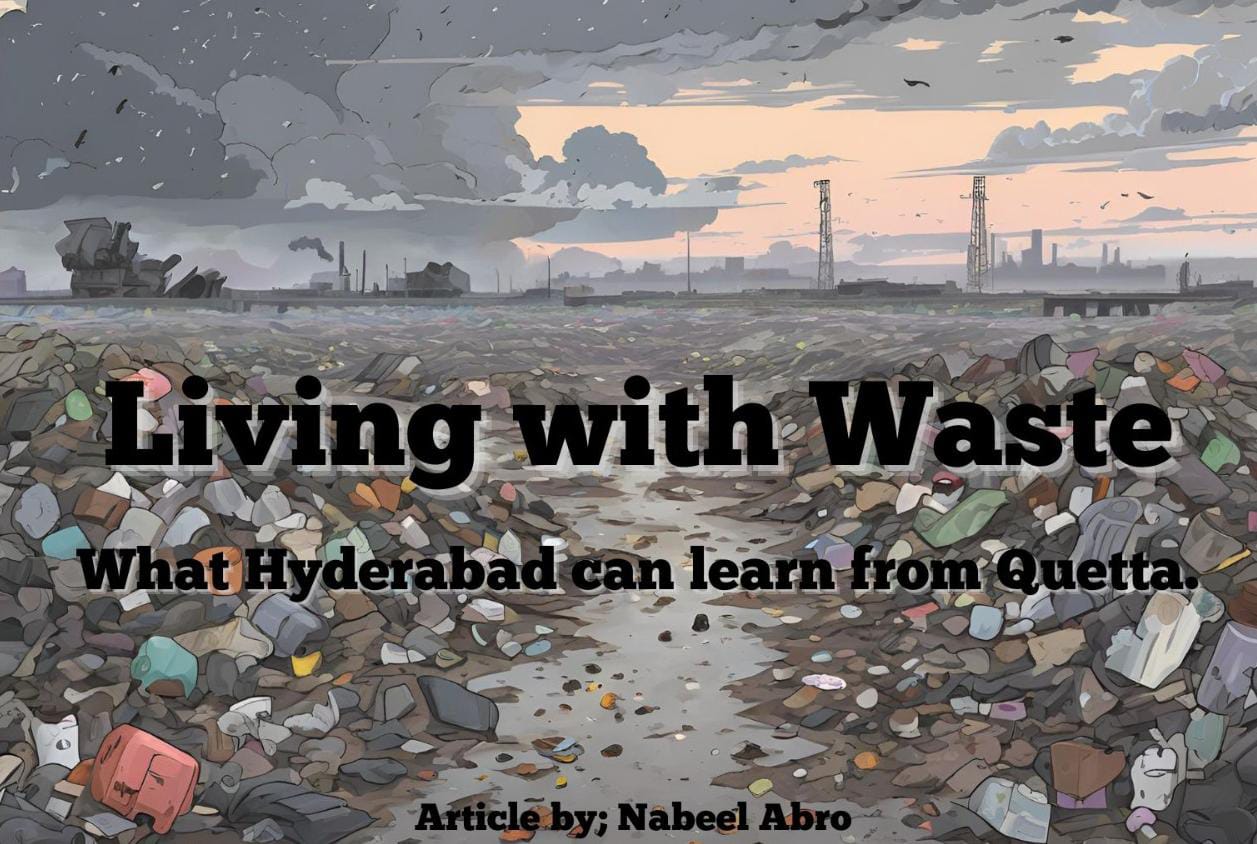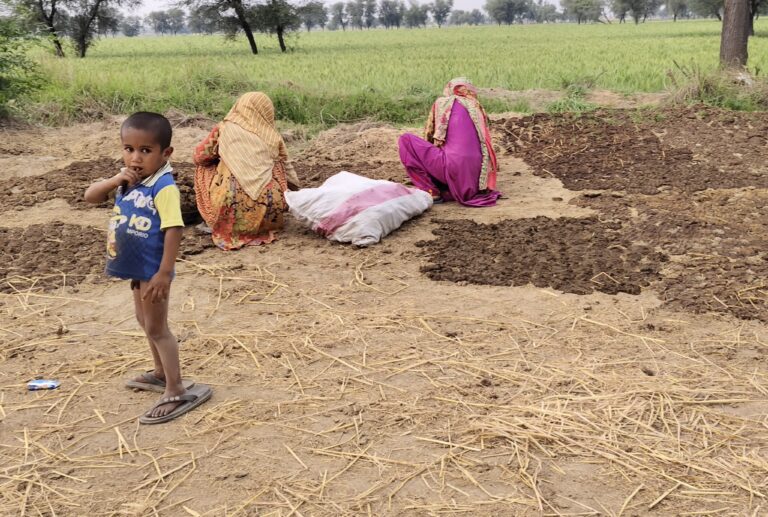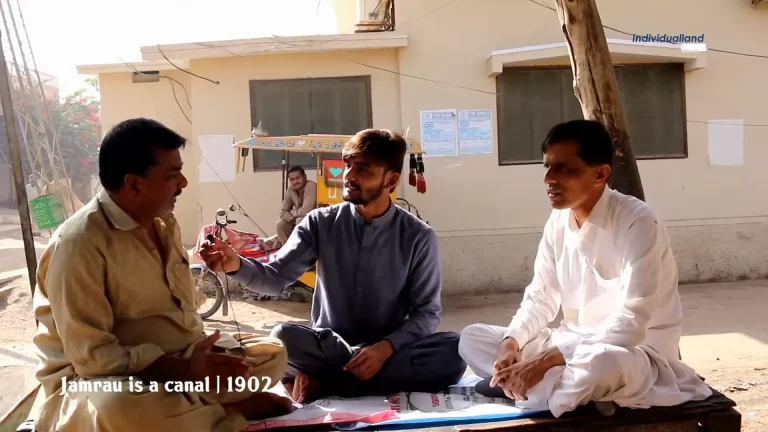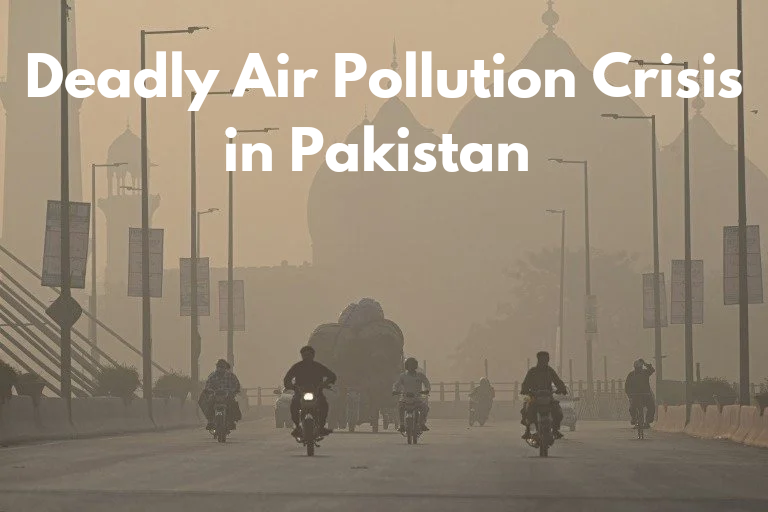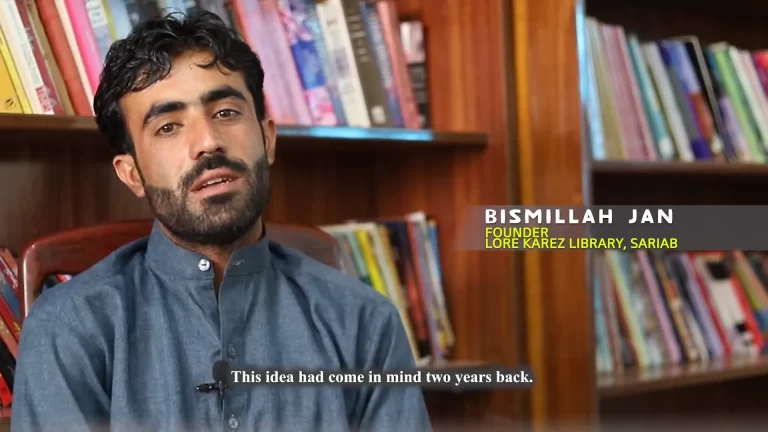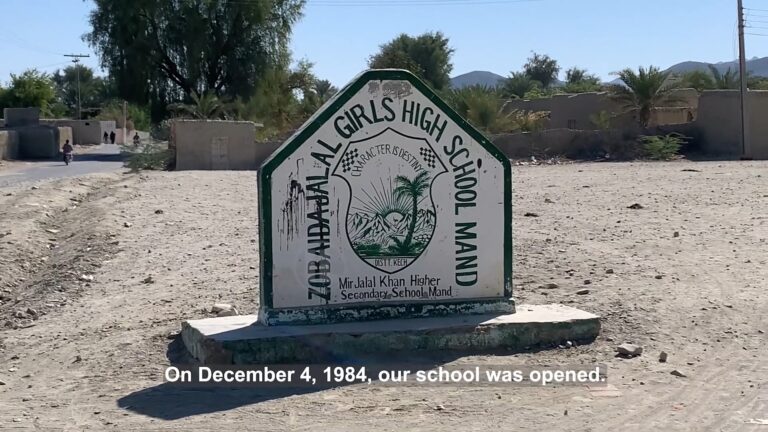Living with Waste: What Hyderabad Can Learn from Quetta.
“I Know you cannot smell it anymore. But, after living here for 17 years, it’s become normal for me,” says Hansraj, who is working as a watchman (Chowkidar) who lives in the middle of the garbage dump in Mehar Ali. As he has been living in the canter of the dumping station, Sindh Solid Waste Management Board appointed him as a Watchman. As I spoke with him, I could barely stand the overwhelming stench of rotting waste. Garbage was everywhere, mounds of it stretching across the area.
Hyderabad, the second-largest city in Sindh, is attracting people from lower and northern Sindh who want to build better lives and careers here. As a result, the city is growing quickly, but without proper planning. With this growth comes an increase in waste, and places like Mehr Ali are feeling the effects. For people like Mr. Hansraj, who have settled in the area, the challenges of living in a rapidly changing city are clear.
Hansraj’s home is surrounded by Hyderabad’s trash. Every day, trucks come to this site near Mehar Ali, Unit No. 11 Latifabad, Hyderabad, and dump tons of waste. As I inquired about its legal status from the District Administration, the office of the Mayor Hyderabad confirmed that this area is a legal dumping site
established by the former Zila Nazim Kanwar Naveed Jameel (Late).
Local activist Samreen Ghori has been advocating for the residents of Mehar Ali. She has worked tirelessly to raise awareness about the dangers posed by the dumping site. “People shouldn’t have to live like this,” she says. “This isn’t just about hygiene; it’s about basic human rights. They deserve clean air and safe living conditions.
Samreen Ghouri has engaged local government officials, including Deputy Mayor of Hyderabad Mr. Sagheer Qureshi. She has been pushing for the relocation of the garbage dump away from residential areas. During my conversation with Mr. Qureshi, he acknowledged the problem but pointed out the challenges involved. “Finding a new location for the garbage dump is complicated,” he explained. “We are aware of the community’s struggles and are working on a solution. However, it requires careful planning and resources that we are currently trying to secure.”
Samreen Khan Gouri, who has been raising her voice on different forums for the solution of this slum area, said that climate migrants from Badin and surrounding areas who had been affected by floods in 2010 had settled their huts there. Meanwhile, the huts of the beggar community are also there. She further said that there is no plan regarding this urban slum area till now, the government and concerned authorities are also not taking it seriously. What I can do is only raise the issue and create awareness among people of Hyderabad, so that the concerned quarters may take any action.
Dr. Amanullah Mahar, an Associate Professor of Environmental Sciences at the University of Sindh, pointed out that exposure to hazardous gasses like methane and benzene can lead to a 40% increase in respiratory illnesses, including chronic obstructive pulmonary disease (COPD) and skin infections. He urged the government to take immediate action by implementing regular air quality monitoring and enhancing waste management strategies to safeguard the public health. He further said that this dumping station is an alarming situation not only for the residents of the Mehr Ali society but also for the whole city. Sindh Environment Protection Agency is not observing even air quality of the city on a regular basis, he criticized the role of the Environment Protection Agency. Being the protection agency of the Environment they even did not issue a notice to relevant government authorities to change the location of the dumping station or the residential area.
Many of the residents of Mehar Ali are seasonal migrants who have moved from places like Golarchi district Badin, due to environmental issues such as drought. Most residents belong to the Bhil community, a marginalized group with limited resources and opportunities. According to Muhammad Hussain Khan, a veteran journalist and Hyderabad correspondent for Dawn, the Bhils are often gipsies, frequently migrating in search of better living conditions due to poverty and a lack of stability.
The Bhil community moved here in search of better opportunities after facing water shortages in their homeland. A resident who had been a migrant (didn’t reveal his identification) said that we left our village because there was no water for our survival. But, now instead of clean water we live next to garbage. We had moved here for a better life but our hopes for a better life have turned into new struggles. Instead of a fresh start, they found themselves surrounded by new challenges. Hansraj thought he was beginning anew life after leaving his previous struggles behind. But living next to a garbage dump has brought its own set of problems such as bad air, constant exposure to waste, and increasing health risks.
Municipal Commissioner Mr. Zahoor Lakhan, stated that the residents living in the area have illegally occupied the land with political backing. Despite several attempts to involve the Anti-Encroachment team to get back the land but due to the political interference we couldn’t get the land back.
The city’s decision to use the area surrounding Mehr Ali society a dumping site has made life unbearable for the residents. They breathe polluted air daily, and their water is often unsafe due to garbage leaking into the ground. Over time, the waste releases harmful fumes that contribute to the environmental crisis in cities across Pakistan. With rapid population growth in Hyderabad, as people from lower and northern Sindh move here for better opportunities, the waste management system is under increasing strain. Streets that were once clean and spacious are now crowded with buildings, and the city struggles to keep up with the growing amount of garbage. As a result, residents face serious health and sanitation issues.
The combination of residents’ struggles, lack of government action, and environmental damage paints a bleak future for Mehr Ali. For Mr. Hansraj, the smell of garbage has become a background noise, but the health risks of living in these conditions are undeniable. The constant dumping of waste affects the air, water, and soil, leading to serious health problems for the entire community.
However, there is still hope for change. Samreen Ghouri continues to push for solutions, stressing the need for support from local leaders like politicians and elected representative Mr. Sabir Qaimkhani MPA. With community involvement, a better future is possible.
Mr. Qaimkhani, who has raised this issue in parliament, remembers passing the Sindh Katchi Aabadi law with amendments to relocate the slum from Mehr Ali to a non-residential area in Jamshoro. Unfortunately, progress stopped after the dissolution of the assemblies that approved the law. He promises to raise the issue again and work to resolve it as quickly as possible.
This is not just an environmental issue but it is a matter of public health and well-being. The local and
provincial governments have a responsibility to address this problem and improve the living conditions of the residents. Authorities should implement effective waste disposal systems and promoting recycling, they can reduce pollution and improve public health. A collective effort is needed to address this growing crisis and secure a cleaner, healthier future for the city.
The Sindh government can draw inspiration from Balochistan Government, the provincial capital of Balochistan Quetta is set to establish a solid waste energy plant through a public-private partnership, this initiative was taken by ex caretaker Chief Minister of Balochistan, Mr. Ali Mardan Khan Domki. The plant will convert domestic waste into electricity and bio-gas, addressing both waste management and energy needs. A feasibility study is currently underway to ensure the plant’s smooth operation. With thousands of tons of waste generated daily, this project aims to keep Quetta clean while producing energy. Sindh could adopt a similar strategy to tackle its own waste and energy challenges.
Disclaimer
We have made every effort to ensure the accuracy of the text and content on this website. Individualland and Friedrich Naumann Foundation do not accept responsibility for any unintentional omissions. We appreciate accurate information to enhance our work. The articles on this website are supported by Friedrich Naumann Foundation for Freedom Pakistan, but the views expressed here do not necessarily represent the views of the Friedrich Naumann Foundation for Freedom.

